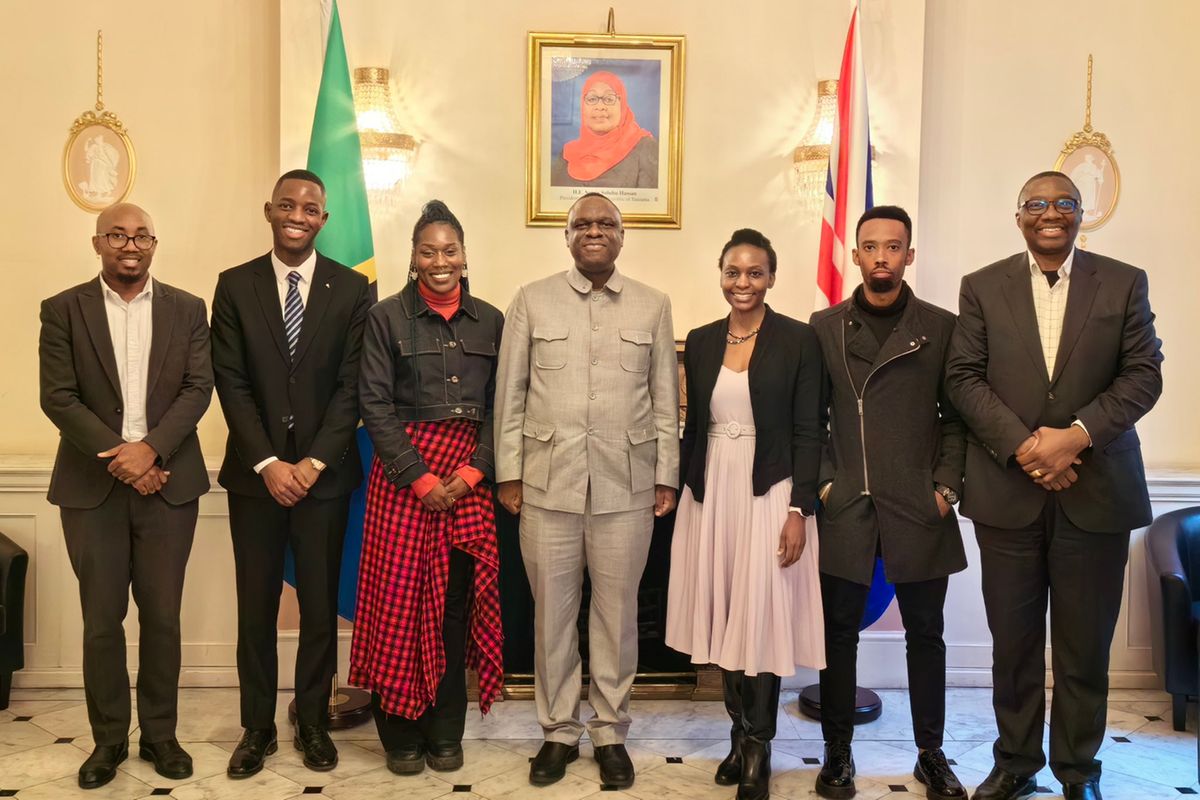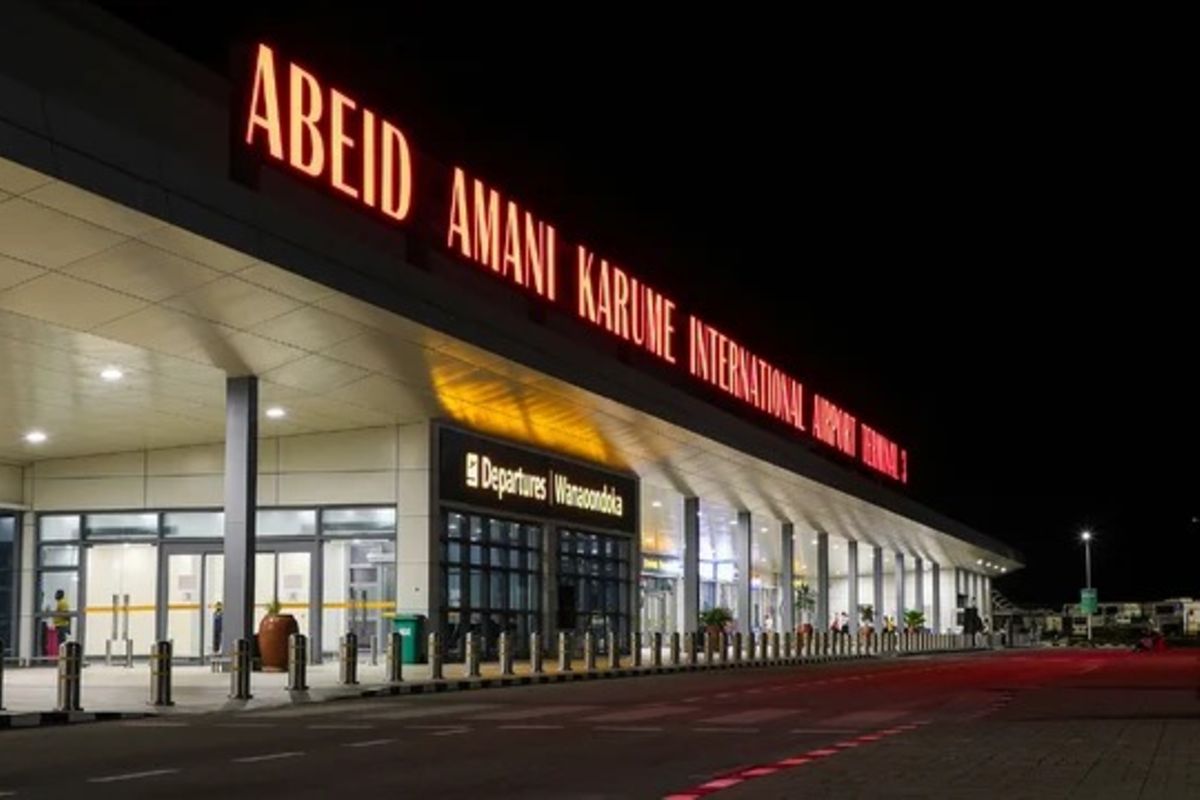Dar es Salaam. Tanzania’s High Commission in the UK is fostering investment opportunities for Tanzanian companies through collaboration with the London Stock Exchange (LSE).
The High Commissioner, Ambassador Mbelwa Kairuki said on Tuesday, March 19, 2024 that the Tanzanian Embassy is working closely with the LSE’s African investment desk to connect Tanzanian businesses with the LSE platform, aiming to facilitate capital raising endeavors.
The announcement was made in anticipation of the upcoming Tanzania diaspora youth talk scheduled for May 5th this year. Kairuki highlighted the embassy’s concerted efforts to engage second-generation Tanzanian diaspora, many of whom were born and raised abroad and are actively involved in various sectors internationally.
“Our aim is to reshape perceptions regarding development issues and opportunities, encouraging diaspora youth to leverage their skills, education, and familiarity with global issues to contribute to Tanzania’s development,” stated Kairuki.
Emphasizing the pivotal role of the LSE’s African investment desk, Kairuki expressed gratitude for the significant support extended, foreseeing numerous Tanzanian companies benefitting from the collaboration.
Furthermore, Kairuki noted the partnership with the British International Investment, a group comprising second-generation diaspora, which has facilitated investments totaling approximately £300 million within a short span. He attributed the success to the attachment of decision-makers to Africa.
Highlighting the untapped potential of second-generation diaspora, Kairuki underscored the importance of nurturing a connection between them and their homeland. He stressed the significance of bridging cultural divides to ensure their active involvement in Tanzania’s development endeavors.
“If we fail to establish a bond with them, they may adopt cultures divergent from ours and overlook participation in the country’s plans and progress,” warned Kairuki.
Kairuki’s discussions with various economic investment institutions revealed the instrumental role played by second-generation diaspora in Tanzania and Africa’s successes, driven by their affinity with the continent.
The efforts led by the Tanzanian High Commission signify a concerted push to harness the expertise and resources of the diaspora community for the nation’s development, paving the way for enhanced collaboration and investment opportunities between Tanzania and the global financial market.














